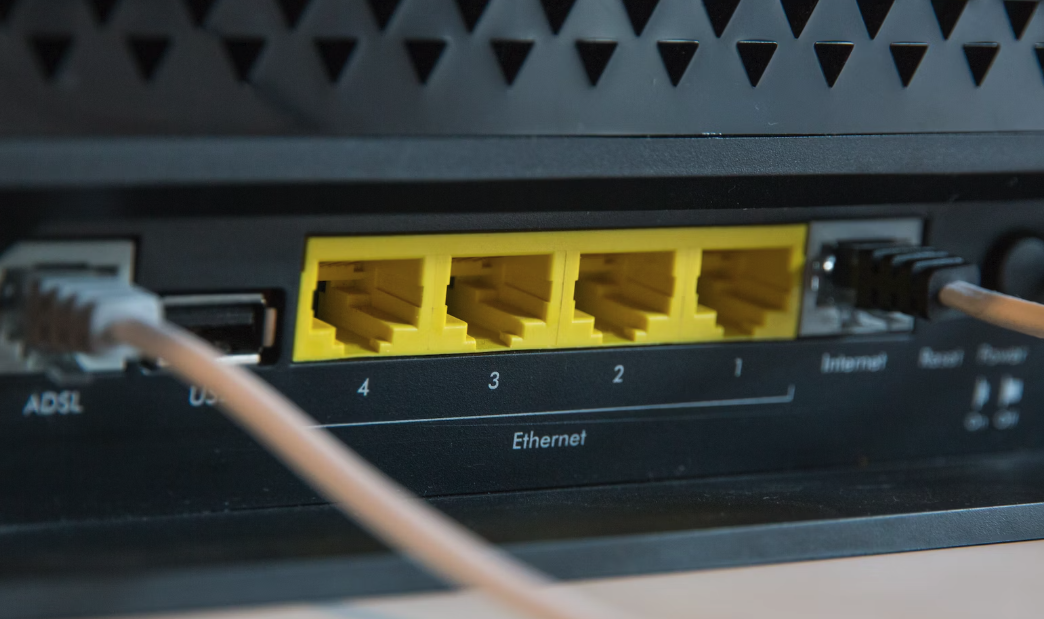If you are thinking of contracting your Internet service, but do not know which tariff is the most convenient, do not miss this article. In it we will show you a few tips, although you should know that there is no one rate that is more suitable than another. Certainly, the best Internet tariff depends on your individual needs and preferences. What may be considered the best rate for one person may not be the best rate for another. For this reason, here are some factors to consider when choosing the most interesting tariff for you. Join us and we’ll tell you all about it!
 Aspects to take into account when selecting your rate
Aspects to take into account when selecting your rate
- Connection speed. If you need a fast connection for activities such as streaming online content, playing video games or downloading large files, you may need to opt for a high-speed tariff that offers fast download and upload speeds.
- Data capacity. If you consume a large amount of data each month, whether for work, entertainment or any other reason, you should consider a tariff with a high or unlimited data capacity. This will allow you to use the Internet without worrying about exceeding data limits and facing additional charges or a reduction in connection speed.
- Connection type. Depending on your location and the options available, you can choose between different types of Internet connections, such as basic broadband, fiber optic or mobile connections. Each type of connection has its own advantages and disadvantages in terms of speed and coverage. Analyze your needs and the level of service you require.
- Price. Cost is a very important factor to consider when selecting an Internet tariff. Compare the prices of different suppliers and the features they offer to make sure you get a good balance between quality and price.
Different types of rates
Different Internet tariffs are available to meet users’ needs and preferences. It is important to note that Internet rates vary by provider and geographic location. It is therefore advisable to compare the options available in your area and consider your usage needs before making a decision. In addition, some providers also offer bundled packages that include Internet, television and telephone services.
- Basic broadband. It is the most economical option and offers slower download and upload speeds. It is suitable for basic tasks such as surfing the Internet, sending e-mails and using social networks.
- High-speed broadband. It offers faster download and upload speeds, allowing for a smoother online experience. It is ideal for streaming online content, downloading large files and playing video games.
- Fiber optics. This connection uses fiber optic cables to transmit data at extremely fast speeds. This tariff offers a high-speed Internet connection and is particularly suitable for homes or businesses with high data consumption and multiple connected devices.
- Mobile Internet. Allows access to the Internet through a mobile network. It is useful for all kinds of Samsung smartphones and cell phones. However, data speeds and capacity may be limited compared to fixed connections.
Tips on how to contract a good Internet service
When contracting an Internet service, it is important to take into account several aspects to make sure you get a reliable and quality connection. Try to investigate the Internet provider’s reputation and quality of service. Also, read reviews from other users and check whether the operator provides good customer service and a reliable infrastructure. Remember that what may be considered the best Internet rate for someone else may not be for you. Evaluate your needs, consider the above factors and make an informed decision that fits your requirements and budget.
Speed and reliability
When contracting an Internet service provider, it is important to consider the speed and reliability of the connection. Internet speed is crucial for uninterrupted online activities such as streaming videos, playing online games or downloading large files. According to experts, an upload speed of at least 25 Mbps to 50 Mbps is recommended for optimal performance. In addition, apart from speed, reliability is also a decisive factor in avoiding day-to-day problems. A reliable Internet connection also ensures that there are no frequent interruptions in service, which can affect productivity and user experience.
Customer service and support
Customer service and technical support are other important aspects to consider when contracting an Internet service provider. Good customer service ensures that any problems or queries are dealt with quickly and efficiently. Before contracting a service, it is advisable to investigate the quality of customer service and technical support offered by the operator. This can be done through user reviews or by searching online for information about the supplier’s reputation in terms of customer service and problem resolution. Having a provider that offers good customer service and technical support can make a big difference in the user experience and in resolving any technical issues that may arise.
Pricing and Packages
The price and the packages offered by the Internet operator are also important factors to consider. Some operators offer packages that include additional services, such as telephony or cable TV, which can be a great saving in the long run. However, it is important to keep in mind that you should not only look for the lowest price, but also evaluate the quality of the service and your individual needs.
Tricks to improve your Internet connection
If, in spite of having a good service contract, you occasionally experience some incidents, a few tricks could help you to improve your service.
- Location of the router. Make sure the router is located in a central location in your home or office, and away from physical obstacles such as walls or furniture. This will help the signal to be distributed more efficiently.
- Try to update the router firmware. Manufacturers often release firmware updates to improve router performance and security. Check for available updates and make sure you have the latest version installed.
- Use a secure password. Make sure your Wi-Fi network is protected with a secure password to prevent others from connecting without authorization and slowing down your connection.
- Eliminates interference. Some electronic devices may cause interference in the Wi-Fi signal. Try to keep your router away from other devices, such as microwave ovens, cordless phones and Bluetooth devices.
- Optimize your router configuration. Check your router configuration and make sure it is optimized for maximum performance. You can consult the manual or contact your ISP’s technical support for help.
- Use a Wi-Fi repeater. If you have areas in your home or office where the Wi-Fi signal is weak, consider using a Wi-Fi repeater to amplify the signal and improve coverage.
- Closes unnecessary applications and devices. Sometimes we have many devices connected to the network that negatively affect the connection.
Finally, it only remains to remind you that these tricks can help you improve your Internet connection, but the quality of service also depends on external factors such as the infrastructure of your usual provider and the number of users in your area.

 Aspects to take into account when selecting your rate
Aspects to take into account when selecting your rate


